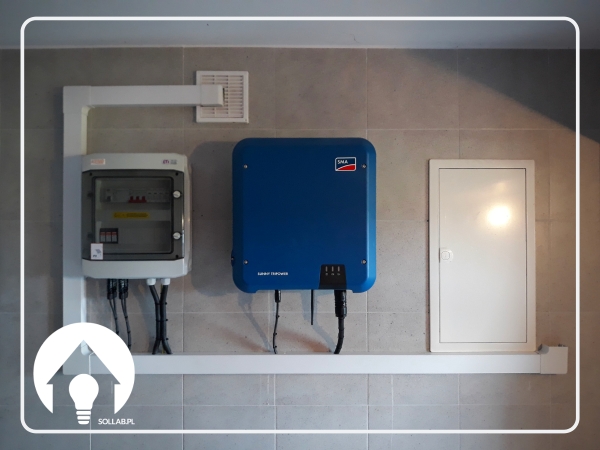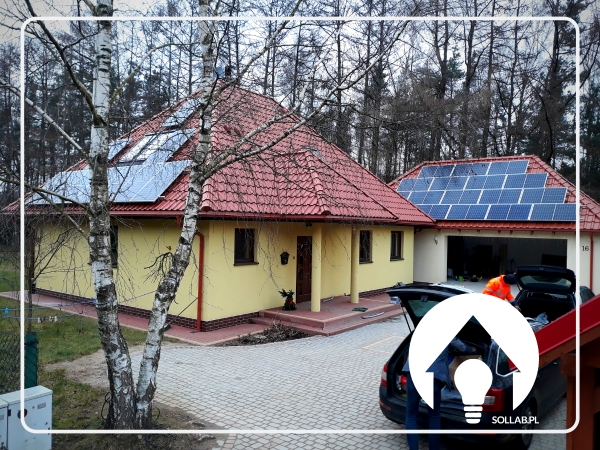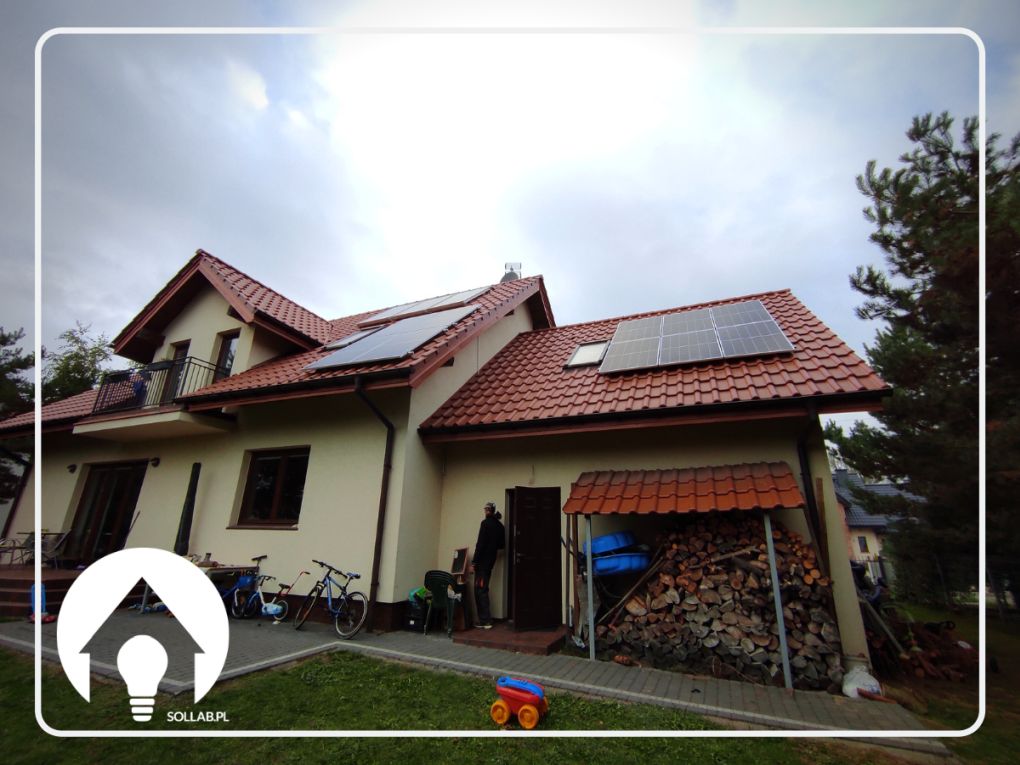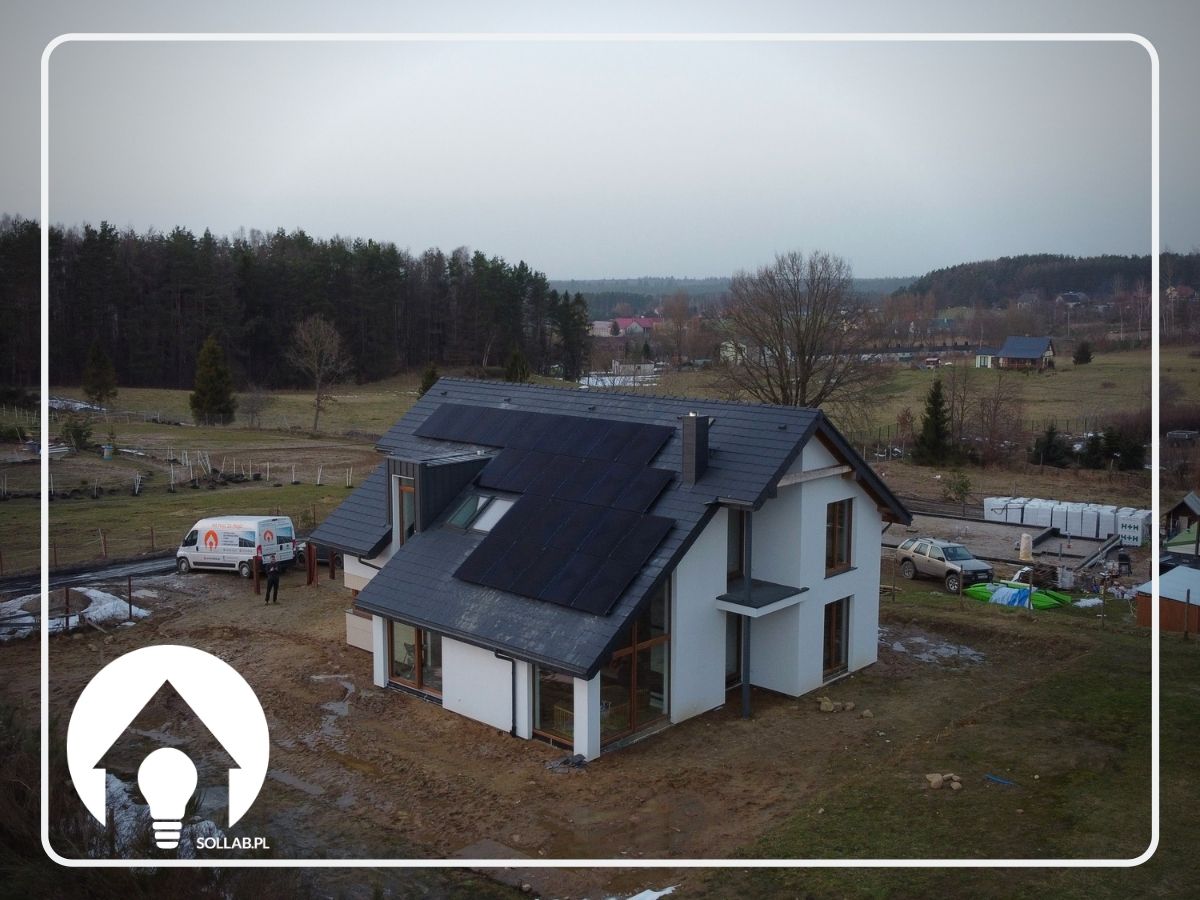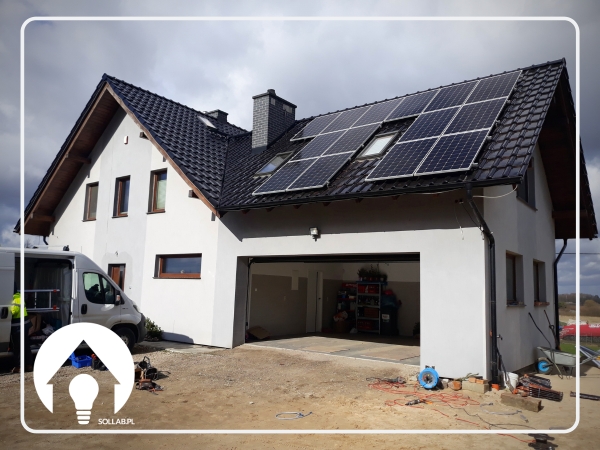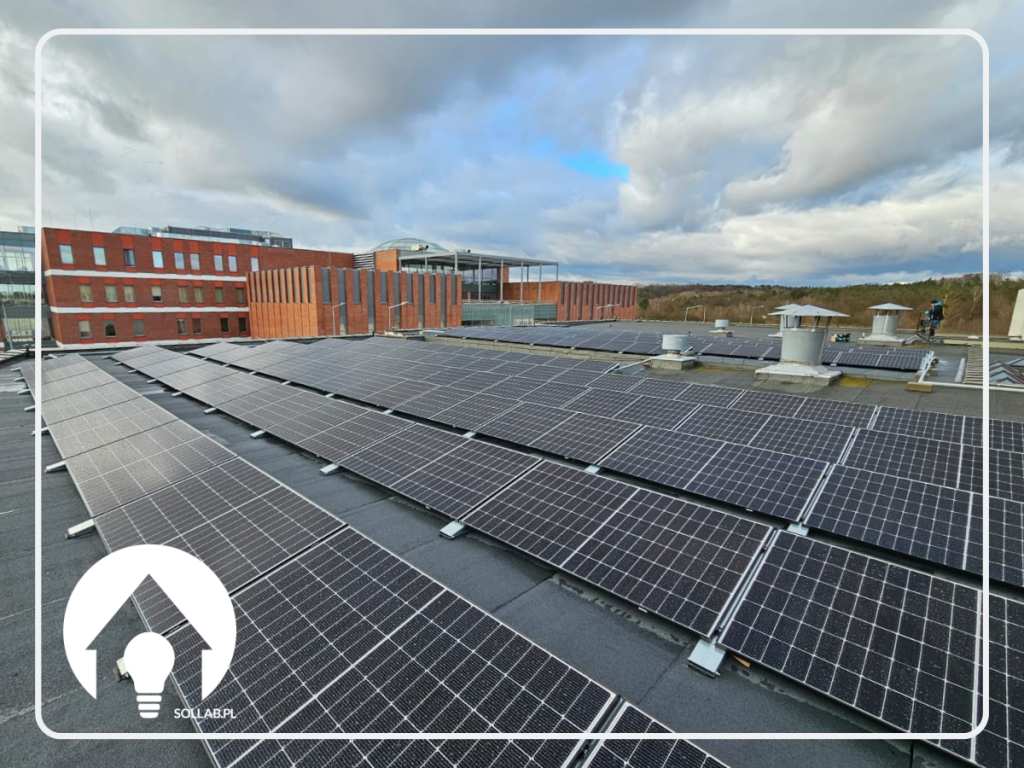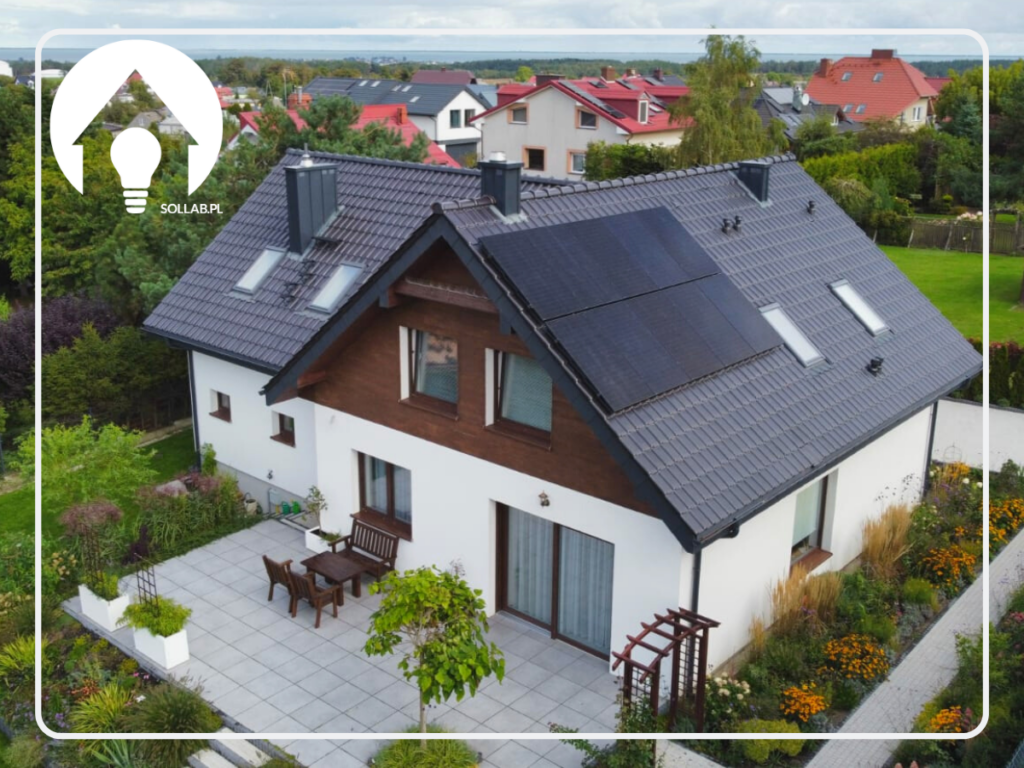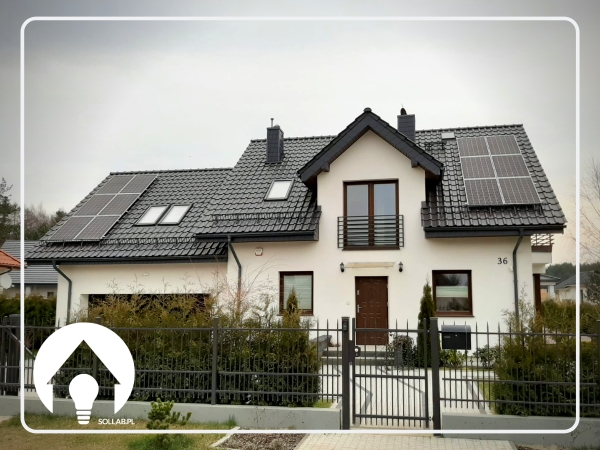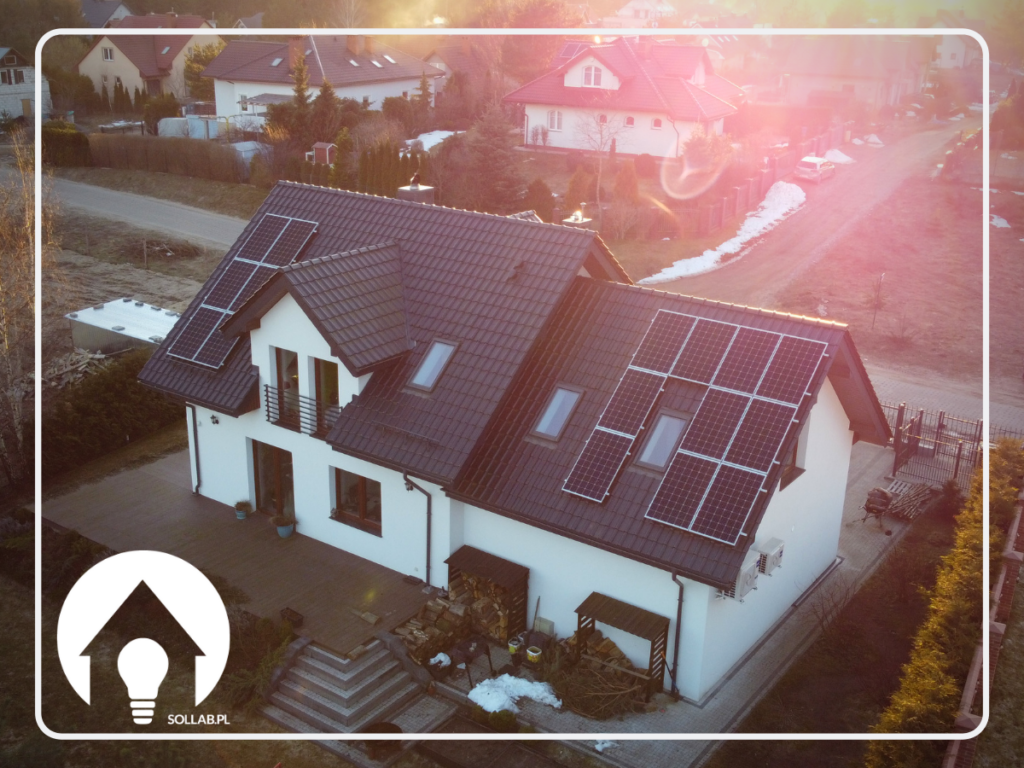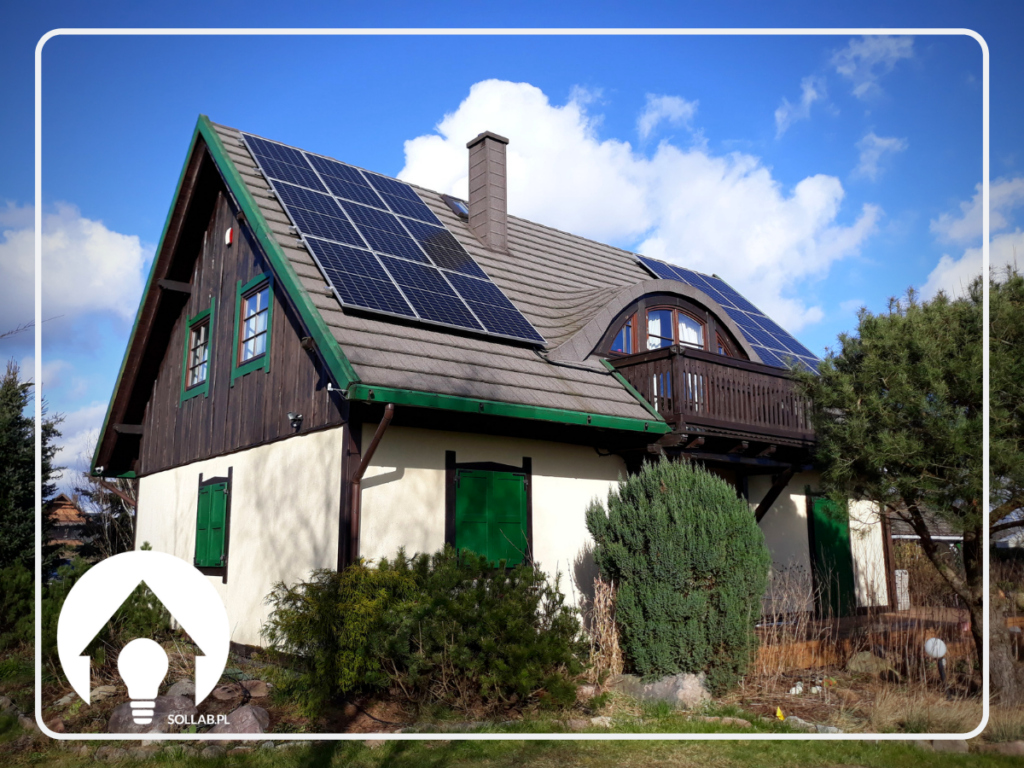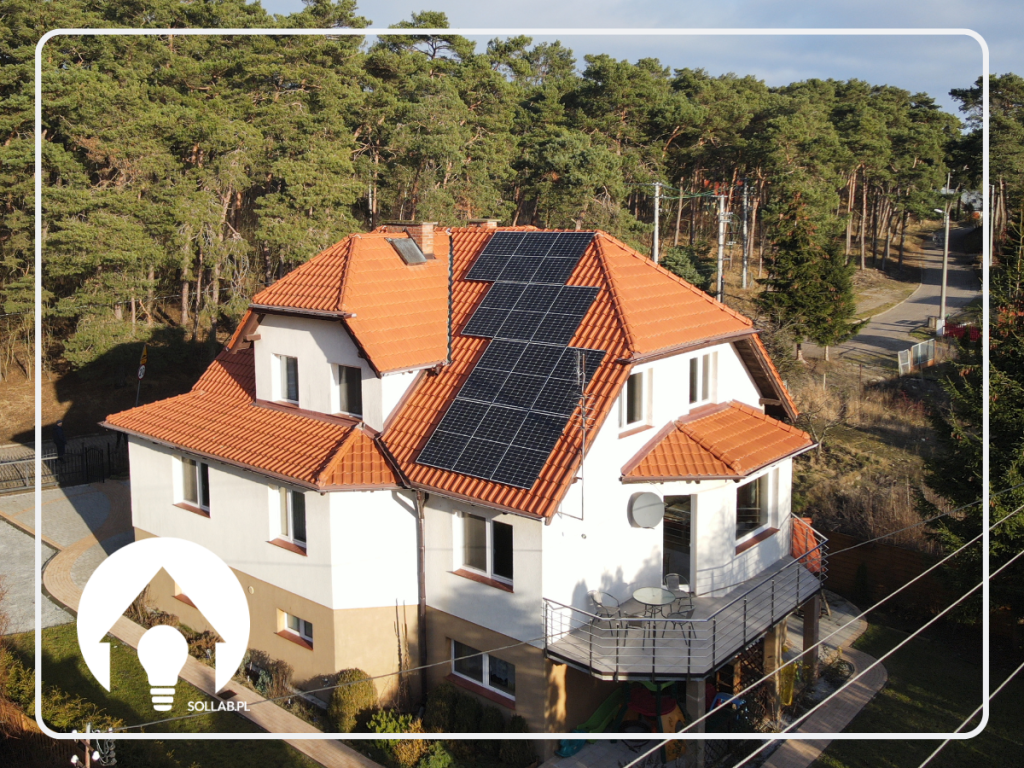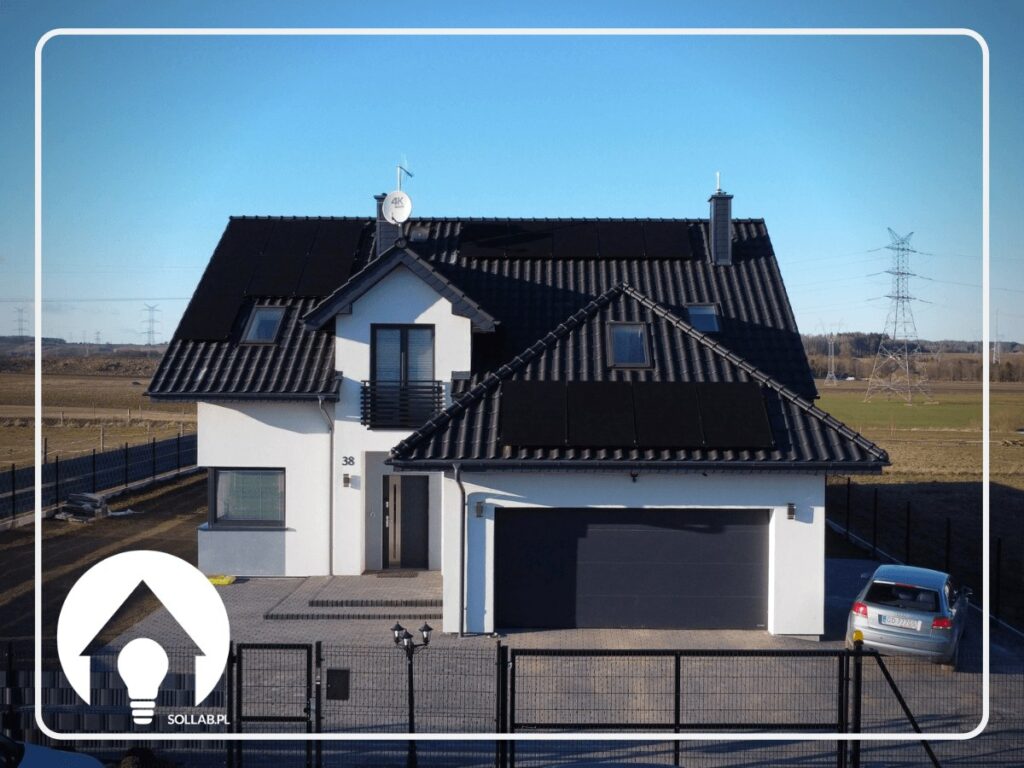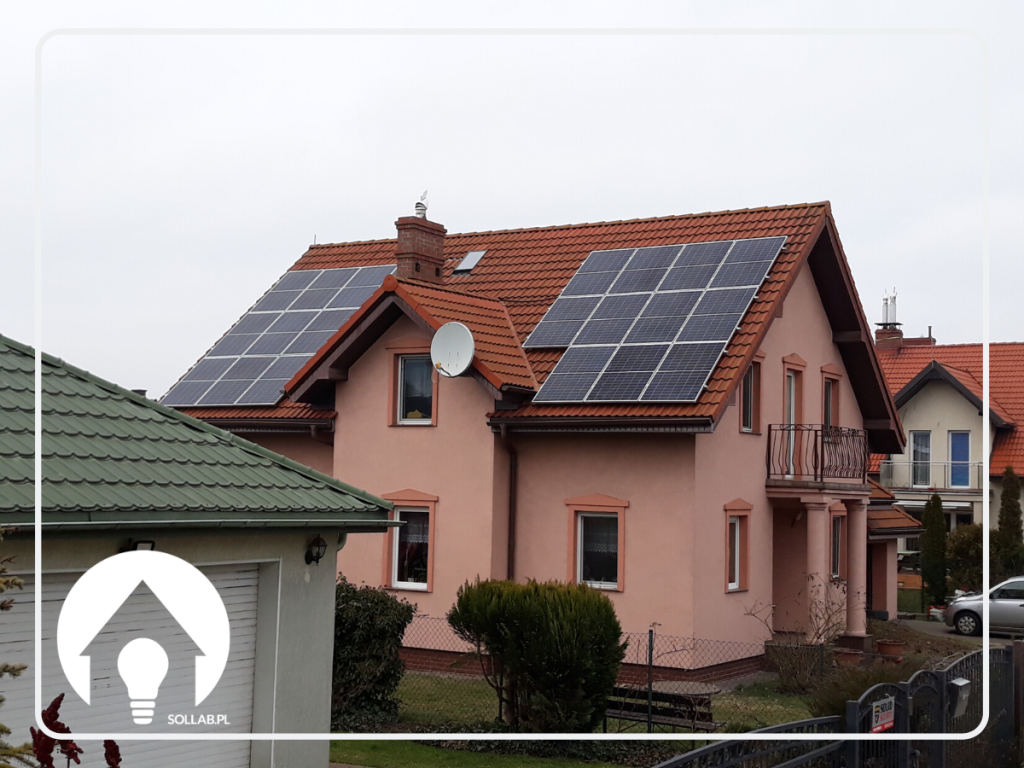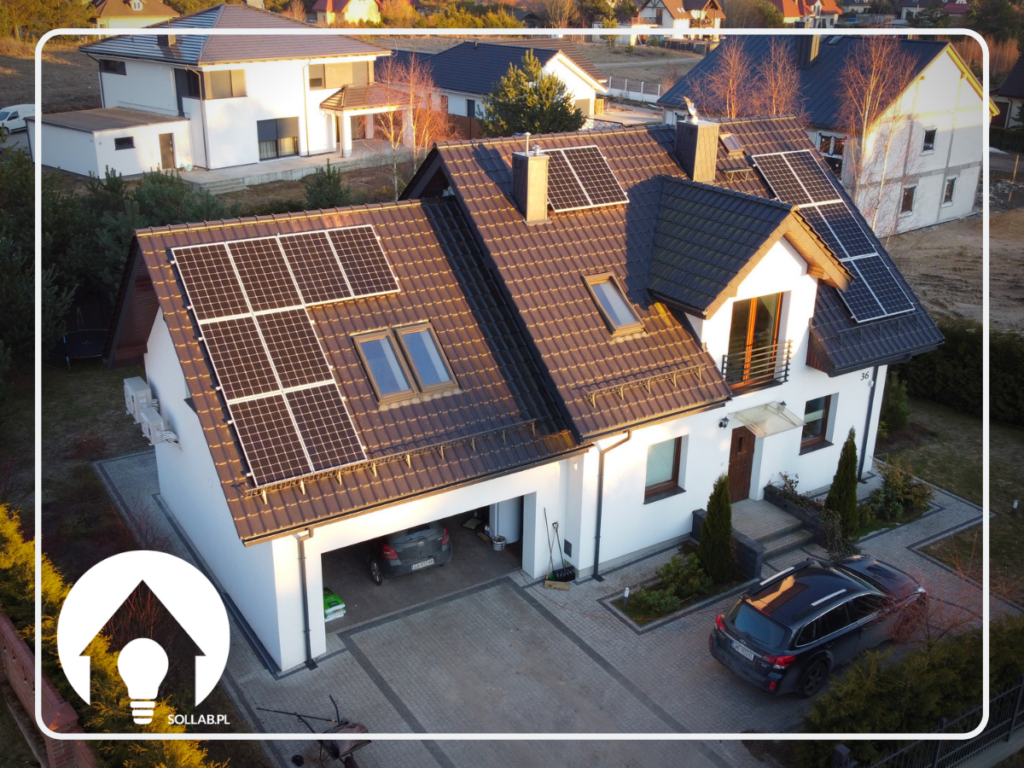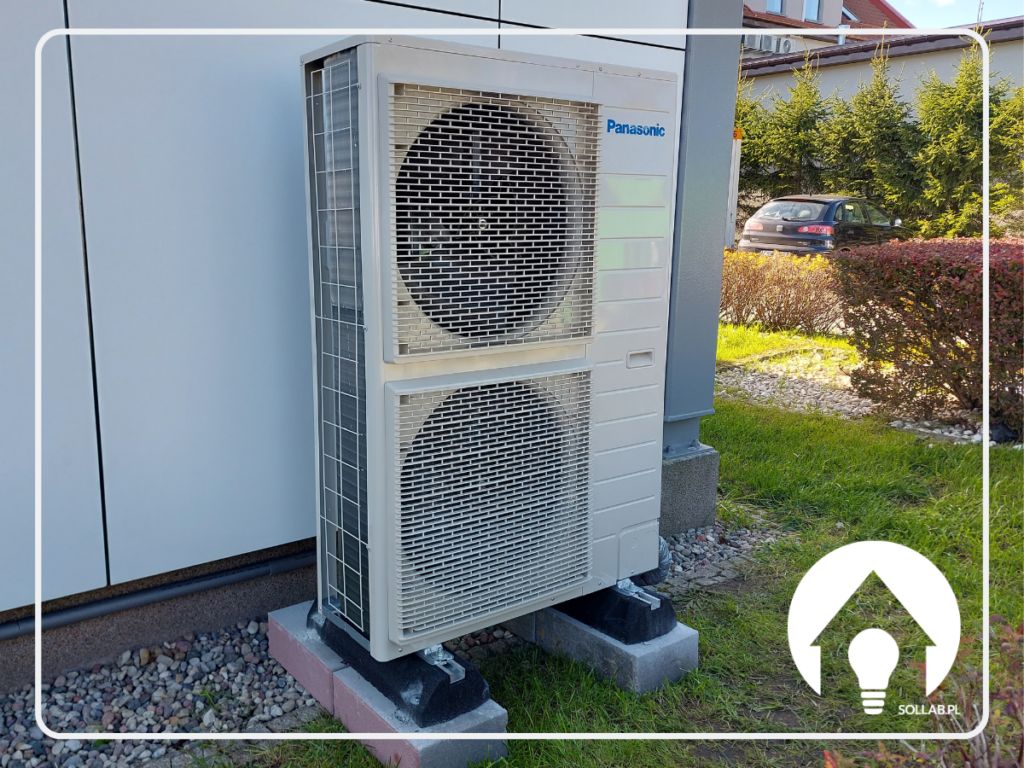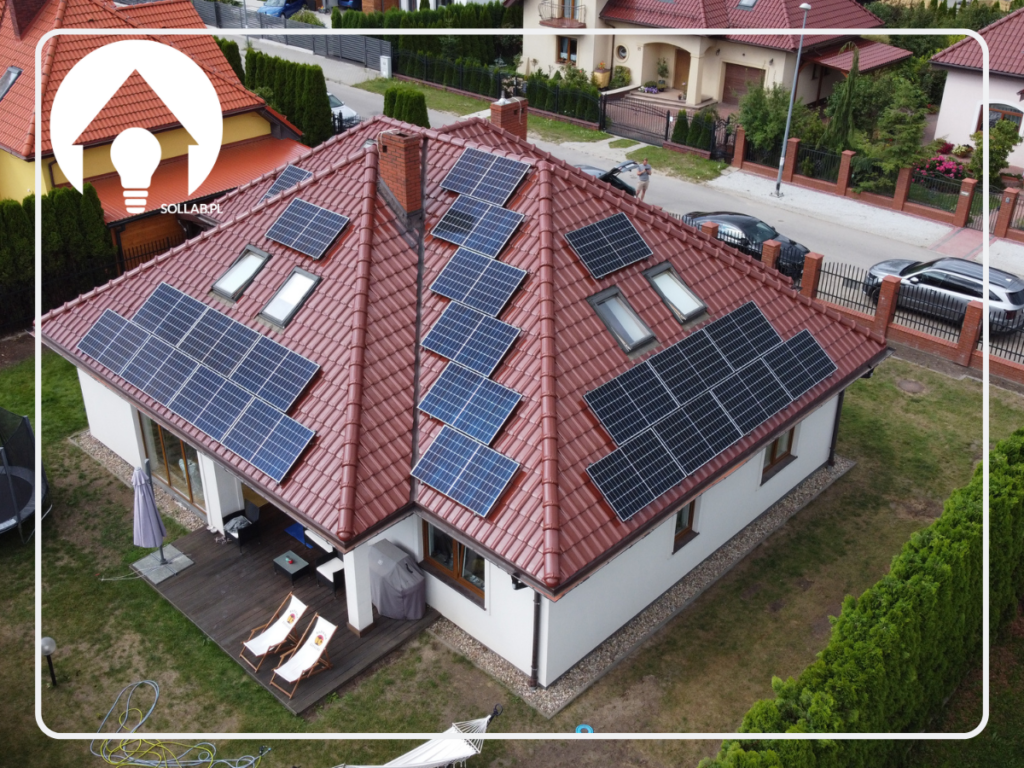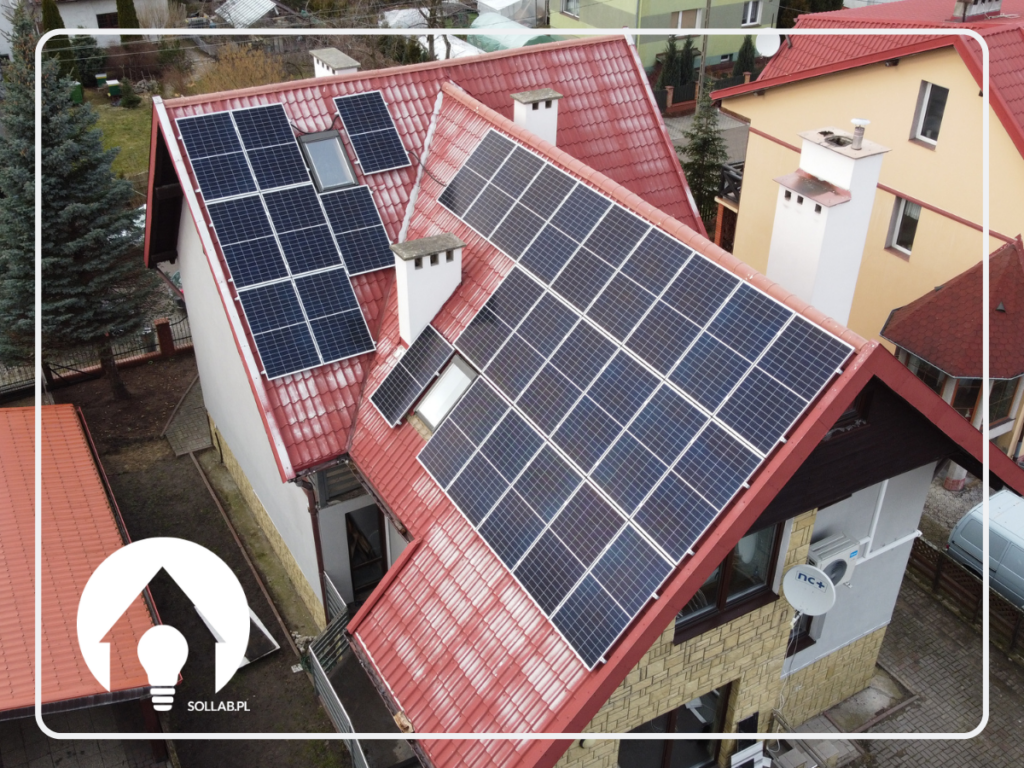Photovoltaics Gdynia - ecological and efficient solar panels
Investing in a photovoltaic installation in Gdynia is a very good idea! The ever-increasing electricity prices and additional charges are encouraging residents of Gdynia to install photovoltaic panels.
Photovoltaics Gdynia - ecology in your home
Recently, photovoltaic panels have become increasingly famous. This is not without reason. Photovoltaic systems allow us to save a lot and we join the ranks of those who act with care for the Earth. What is more, the use of a photovoltaic system in the home offers the possibility of becoming independent of electricity supply companies.
Photovoltaic technology is growing strongly in popularity. More and more buildings with solar panels on the roof can be seen in the neighbourhood, and there is no shortage of photovoltaic installations on the ground. Many people are probably asking themselves why photovoltaics are so successful. It is therefore necessary to start with how it works.
What are photovoltaic panels? Gdynia - How does photovoltaics work?
Photovoltaics is basically the use of the sun's rays to generate electricity. The electricity generated can be used not only to power all the electrical appliances we have in our own home, but also to heat water or to heat the building in which we live.
The main component we need to generate electricity are photovoltaic modules, often colloquially referred to as solar panels. These are usually installed on the roof of a building. In a large proportion of cases, there is no need to reinforce the structural elements of the roof - this is only the case when dealing with older buildings.
In photovoltaic panels, the photovoltaic phenomenon occurs, which involves the conversion of solar energy into direct current. The electrical charge is conducted in the cells, which are made of semiconductor material. One of the raw materials often used to make cells is silicon.
Types of photovoltaic panels - Gdynia
Solar panels can be divided into two groups: monocrystalline modules and polycrystalline modules. Mono-crystalline modules are characterised by their high quality, as well as their efficiency among all modules. These modules are created from a single silicon crystal. Thanks to their rather low production prices, monocrystalline modules are among the most popular today. The production process for polycrystalline modules, on the other hand, is somewhat less complicated. They are formed from pure silicon semiconductors. The estimated efficiency of polycrystalline modules compared to monocrystalline modules is 3% less.
Is the use of a photovoltaic installation really green?
Of course. A photovoltaic installation does not need any additional energy sources, nor does it have a harmful effect on the environment. The main reason why people choose to install photovoltaic panels is that it is 100 per cent ecological and does not involve degradation of the ecosystem.
Photovoltaics Gdynia - installation of photovoltaic systems
A photovoltaic system consists of solar panels, which convert the sun's rays into electricity, and an inverter, which converts this energy from direct current to alternating current so that it can be used in the home.
The installation of a photovoltaic system is simple and usually takes a few days. First, you need to choose a suitable location on the roof or ground where the solar panels will be installed. An energy audit should then be carried out to estimate how large the installation should be to cover the energy needs of the building.
Once a suitable location has been selected and the required area has been determined, a plan for the photovoltaic installation is made and the solar panels and inverter are then installed. The installation of the solar panels involves screwing them to the roof or to special structures on the ground. The panels must then be connected to the inverter and to the building's electrical grid.
We encourage you to take advantage of our photovoltaic installation services. Our team of experienced professionals will provide you with the highest quality service and help you at every stage of your investment. Contact us today and start your adventure with photovoltaics.
Is there anything to be afraid of? What concerns might investors in photovoltaics in Gdynia have?
There are a lot of rumours being passed around among potential buyers of solar panels, which are unfortunately often repeated. What are these myths?
Myth 1: There is not enough sunshine in Poland for the use of photovoltaic panels
This is the most frequently repeated myth, which is totally not reflected in practice. As long-standing professionals in panel installation in Gdynia, we can emphatically deny it. We often hear favourable opinions from our customers, who after a few seasons gain complete independence from energy suppliers.
In addition, Poland has similar solar conditions to Germany, which is one of the leaders in photovoltaic installations in Europe.
Myth 2: The cost of installation is not recouped, making the investment uneconomic
This is not true. There are many subsidies and rebates for the installation of solar panels, so that the costs incurred pay off even faster. In addition, you should take into account the fact that year after year, electricity prices increase and the payback time for the investment decreases.
Myth 3: Photovoltaic panels won't heat your home on a cloudy day
It is a fact that the best weather for a photovoltaic installation is a sunny day, but on a rainy day photovoltaic panels will also work. Less sunlight affects the efficiency of the installation, but it does not make the installation inoperable.
Myth 4: A photovoltaic installation will not cover a farm's electricity needs
A photovoltaic installation, properly selected on the basis of an expert assessment by specialists, is capable of covering 100% of the electricity needs of any building. It is important to have a well-conducted photovoltaic audit to match the power output of the installation.
Myth 5: Energy generated in excess of demand goes to waste
This is not true - you can store any surplus electricity produced by photovoltaic panels on the grid. Individuals have the option of storing surplus energy produced by a photovoltaic installation on the electricity grid. They later have the option of taking this energy for a period of one year after production. The electricity company will in return take a proportion of the energy that will be fed into the grid. The owner of the installation will be left with approximately 70-80% of surplus.
See realisations in other cities:



